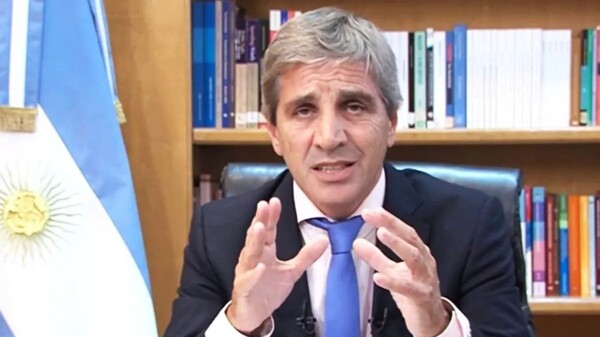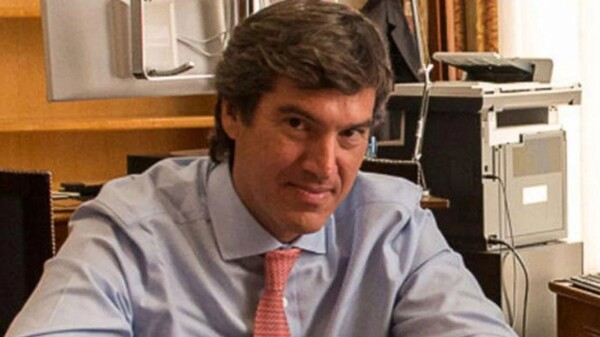
Historically, courts and legal experts have argued that exception norms must be interpreted narrowly. Following this criterion and the principle of reasonableness, if the appointment on a provisional basis occurs due to the lack of agreement or rejection of the nomination, it would be inconsistent for the appointed person to continue in their position if the nomination is ultimately rejected. Political Trial, which involves the intervention of Deputies and the final decision of the Senate, is based on the necessary legitimacy to remove a magistrate who at some point had the support of Congress, something that does not apply to a judge appointed on a provisional basis.
In case the nomination of García Mansilla is rejected, a dispute could arise regarding his removal as a judge of the highest court. This situation could be addressed by the Court, in the absence of the implicated vote, who for obvious reasons should excuse themselves.
After the rejection of Ariel Lijo's license by the Court, his swearing-in as a member of the highest court was pending approval from the Senate. The uncertainty arises around what would happen if the Senate rejects the nomination of García Mansilla, who joined the Court on a provisional basis until the conclusion of the current legislative period. This scenario could trigger a constitutional interpretive conflict.
Some argue that since there is no other way in the Constitution to remove a judge from the Court other than through Political Trial, the rejection of the nomination would have no effect on García Mansilla's interim position, who should remain in their position until the end of the legislative period. However, the authority to appoint judges on a provisional basis is provided as an exceptional solution for situations that prevent the use of the usual means of appointing magistrates.













